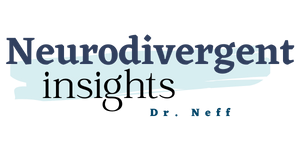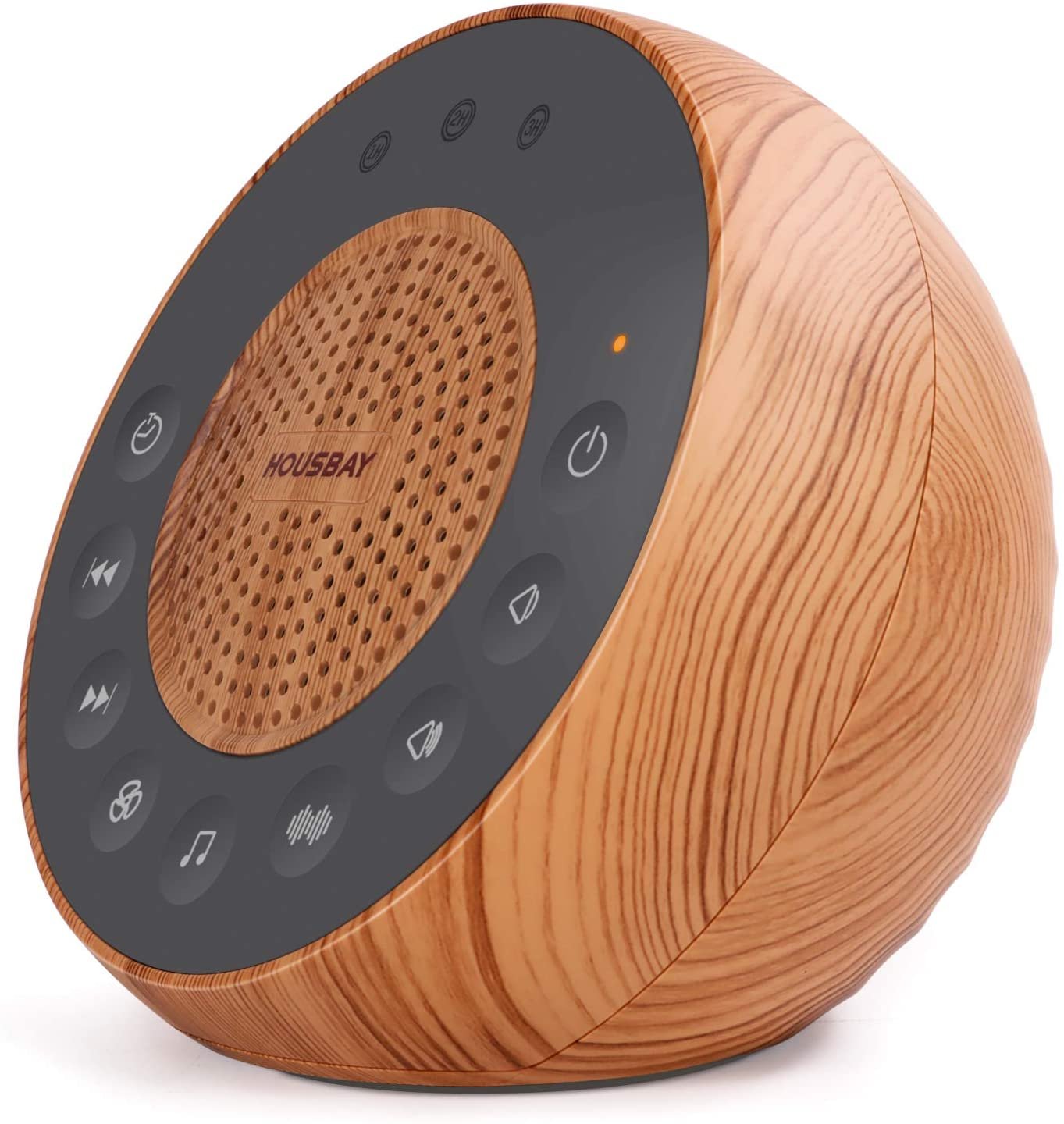Sensory Sleep Strategies and Tools
Sensory sleep strategies and tools can be really important for neurodivergent people if we want to get a good night’s sleep. For many ADHDers and Autists, we struggle with our sleep. In fact, neurodivergence and sleep issues often go hand in hand. And our sensory sensitivies can play a huge part.
Read my article on Neurodivergent Sleep if you’d like more information on the overlap between ADHD, Autism, and sleep issues.. In the article, you’ll find lots of information on this as well as more tools you can use to get better sleep.
Sensory Sleep Strategies and Tools
The following are sleep supports—both tools and strategies—that can help offset some of the innate difficulties many of us experience with sleep. Either I or my clients use the below products so I know firsthand that they can help us neurodivergent folks.
Sleep Hygiene
"Sleep hygiene" simply refers to habits that help you get a good night's sleep. Just as dental hygiene and bodily hygiene keep us healthy, sleep hygiene helps prepare our bodies for healthy sleep. Sleep hygiene is important for everyone but even more so for neurodivergent individuals. Many of us struggle with healthy rhythms and routines and are prone to falling into unhealthy sleep-wake patterns and cycles. Furthermore, many of us are genetically vulnerable to circadian rhythm dysregulations and disorders. This means we likely need to be extra vigilant about sleep hygiene to offset these vulnerabilities. Learn more about sleep hygiene and practices you can include in your routine.
Blocking Light
The ideal sleep environment is cold and dark. The more light you can block, the better. Blackout curtains or a high-quality eye mask can both help improve the quality and quantity of sleep.
Weighted Blankets
These can help trigger the "relaxation response" and help the body enter a deep state of relaxation. This is great for those who tend toward "fight or flight mode" and would benefit from the extra nervous system support. Many folks with sensory sensitives appreciate the deep pressure of a weighted blanket.
Sleep Apps
There are many excellent sleep apps out there that can improve sleep. My two favorites include CBT-I Coach and Mysleepbutton.
Mysleepbotton mimics the first stage of the sleep cycle by using cognitive shuffling techniques and helps with sleep onset. CBT-I Coach teaches relaxation exercises and methods for addressing sleep stress thoughts.
White Noise
Having steady noise to help block out extra sounds and noise can help improve sleep, particularly for those with sound sensitivities. While you can purchase a machine, there are also several free apps that provide white and pink noise.
Melatonin Supplements
Many ADHDers and Autists have a delayed onset of melatonin or mutations in genes impacting melatonin regulation, resulting in a "flat melatonin" curve. Furthermore, many of us have circadian rhythm disorders (Coogan et al., 2016). Supplementing with melatonin at strategic times can help with these genetic vulnerabilities. *It’s always good to check with a medical provider before initiating new supplements.
Lavender
Lavender has been shown to improve the quality and quantity of sleep. Lillehei et al., 2015 studied sleep quality in three groups (sleep hygiene only), sleep hygiene plus lavender and control and sleep hygiene plus lavender had the best sleep quality.
Conclusion: Sensory Sleep Strategies
Because of our predisposition to sleep issues and sensory sensitivities, it’s really important for ADHDers and Autists to have sleep strategies and tools to help us control sensory overstimulation as we’re falling asleep. This can look like using an eye mask, a sound machine, melatonin supplements, and more. Of course, some sensory sleep strategies work better for some than for others, so be sure to experiment and do what works best for you!
Although using sensory sleep supports is a great way to help us get better sleep at nights, it’s sometimes not enough. If you want more ways to help you get better sleep as a neurodivergent person, check out me article on Autism, ADHD, and Sleep. Here, you’ll find lots of information on the overlap between ADHD, Autism, and sleep issues as well as an abundance of tools and strategies to try out for yourself.
If you’re looking for more individualized support, I recommend looking at my Neurodivergent Sleep Guide. In this guide, you’ll find a bunch of workbook pages to help you better understand your sleep patterns and tailor this sleep advice to meet your specific needs.
Citations:
Coogan, A. N., Baird, A. L., Popa-Wagner, A., & Thome, J. (2016). Circadian rhythms and attention deficit hyperactivity disorder: The what, the when, and the why. Progress in Neuro-Psychopharmacology and Biological Psychiatry, 67, 74-81. https://doi.org/10.1016/j.pnpbp.2016.01.006
Lillehei, A. S., Halcón, L. L., Savik, K., & Reis, R. (2015). Effect of Inhaled Lavender and Sleep Hygiene on Self-Reported Sleep Issues: A Randomized Controlled Trial. Journal of alternative and complementary medicine (New York, N.Y.), 21(7), 430–438. https://doi.org/10.1089/acm.2014.0327
This post was proofread by Grammarly, my go-to for proofreading and catching all the details I naturally miss! Grammarly is entirely free to use. Click here to give it a try.






